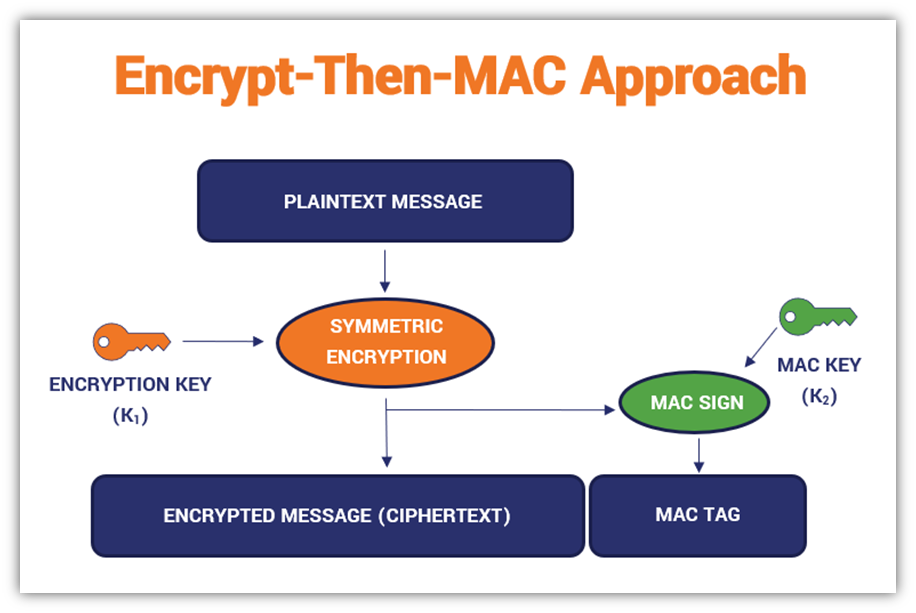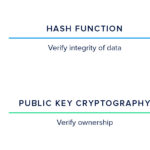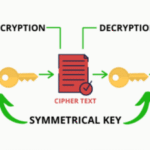In an age where digital privacy concerns permeate mainstream discourse, the question of encryption has ascended from niche relevance to existential urgency. For many tech-savvy individuals and everyday users alike, understanding the intricacies of encryption, particularly in the context of prominent corporations like Apple, is of paramount importance. Does Apple hold an encryption key? And should that prospect incite trepidation? To answer these questions, it is essential to dissect the nature of encryption itself, Apple’s approach to safeguarding user data, and the implications of corporate responsibility in the digital age.
Encryption can be understood as a robust mechanism that transforms readable data into a format that can only be interpreted by those possessing a specific key. In simpler terms, it serves as the digital equivalent of a locked vault, where the contents remain inaccessible to unauthorized individuals. This duality of security and access is the cornerstone of modern cybersecurity, as it protects sensitive information from prying eyes. But where does Apple fit into this equation?
Apple’s devices employ end-to-end encryption, a model that is designed to ensure that only the sender and intended recipient of a message can read it. This is a stalwart feature within Apple’s ecosystem—from iMessage to FaceTime. Consequently, the data remains impervious to interception, even by Apple itself. This foundational principle positions Apple as a strong proponent of user privacy in an era characterized by pervasive surveillance.
However, this unwavering commitment to encryption raises a daunting question: what happens if Apple, or any similar corporation, holds an encryption key that could potentially circumvent user privacy? Essentially, this key would grant access to vast troves of data stored on their devices, fundamentally undermining the very principles of encryption. The notion that corporations might retain backdoors to their purportedly secure systems illuminates the precarious balance between user privacy and corporate control.
It is essential to scrutinize the motivations that may lurk behind corporate strategies involving encryption. In recent years, companies have faced increasing pressure from governments to provide access to encrypted communications in the name of national security. Such requests, albeit cloaked in lofty rhetoric, can compromise user confidentiality—a tenuous trade-off that illustrates the fragility of digital sovereignty. Herein lies a pivotal tension: while users seek unassailable privacy, governments may invoke security concerns to justify the erosion of that very privacy.
Nevertheless, Apple has publicly espoused its dedication to user privacy, resisting governmental overtures that could compel them to undermine encryption protocols. This steadfastness has periodically positioned Apple at odds with law enforcement agencies, emerging as a champion of digital rights. Yet, the paradox remains. On one hand, Apple reassures users of its commitment to data protection; on the other hand, the sheer velocity of technological advancement raises questions about the robustness of these assurances.
Moreover, one must consider the implications of user complacency. A considerable segment of the population remains blissfully unaware of the dimensions of their digital footprint. Lulled into a false sense of security, they might not fully grasp the ramifications of putting their trust in a single corporate entity. This dynamic engenders a critical need for transparency in communication. Users should be encouraged to not only inquire whether their data is secure but also challenge companies on how they approach encryption.
The evolution of encryption and its implications extend beyond mere corporate responsibility. As the advent of artificial intelligence and machine learning reshapes the digital landscape, one must ponder: will these technologies bolster encryption methods, or will they introduce vulnerabilities that could be exploited by nefarious actors? As predictive algorithms become more sophisticated, the risk of data breaches becomes compounded, raising questions about the efficacy of existing encryption standards.
Furthermore, ethical considerations loom large in this discussion. Can a corporation that claims to uphold user privacy truly deliver on those promises in an environment rife with financial incentives? How can one ensure that the sanctity of encryption is not compromised for profit or expediency? Such philosophical inquiries resonate with a broader audience, compelling discussions that navigate the murky waters of ethics in technology.
The crux of the matter hinges not just on whether Apple—or any corporation—holds an encryption key but on the broader implications of how that key might be wielded. Should user data ethics be governed by the principle of absolute control, or should a model of dynamic transparency prevail? Therein lies a fundamental challenge that transcends corporate governance, implicating every stakeholder in the lifecycle of digital communication.
Ultimately, the inquiry into whether Apple holds an encryption key unveils critical exploration into the nature of trust in the digital age. As individuals increasingly gravitate toward digital ecosystems, understanding and scrutinizing the implications of encryption while demanding transparency must become non-negotiables. The future of digital privacy hinges on a collective commitment to not merely accept the status quo but to challenge it, pushing for an environment where encryption remains untouchable and user trust is sacrosanct.
In conclusion, the relationship between corporations, users, and encryption is complex and multifaceted. Understanding the layers of these interactions fosters awareness and empowers individuals to advocate for their privacy rights. As we advance further into an interconnected digital landscape, the dialogue surrounding encryption will only intensify. A future defined by ethical digital interactions hinges on proactive engagement and an unwavering commitment to transparency—both from users and corporations alike.








Leave a Comment